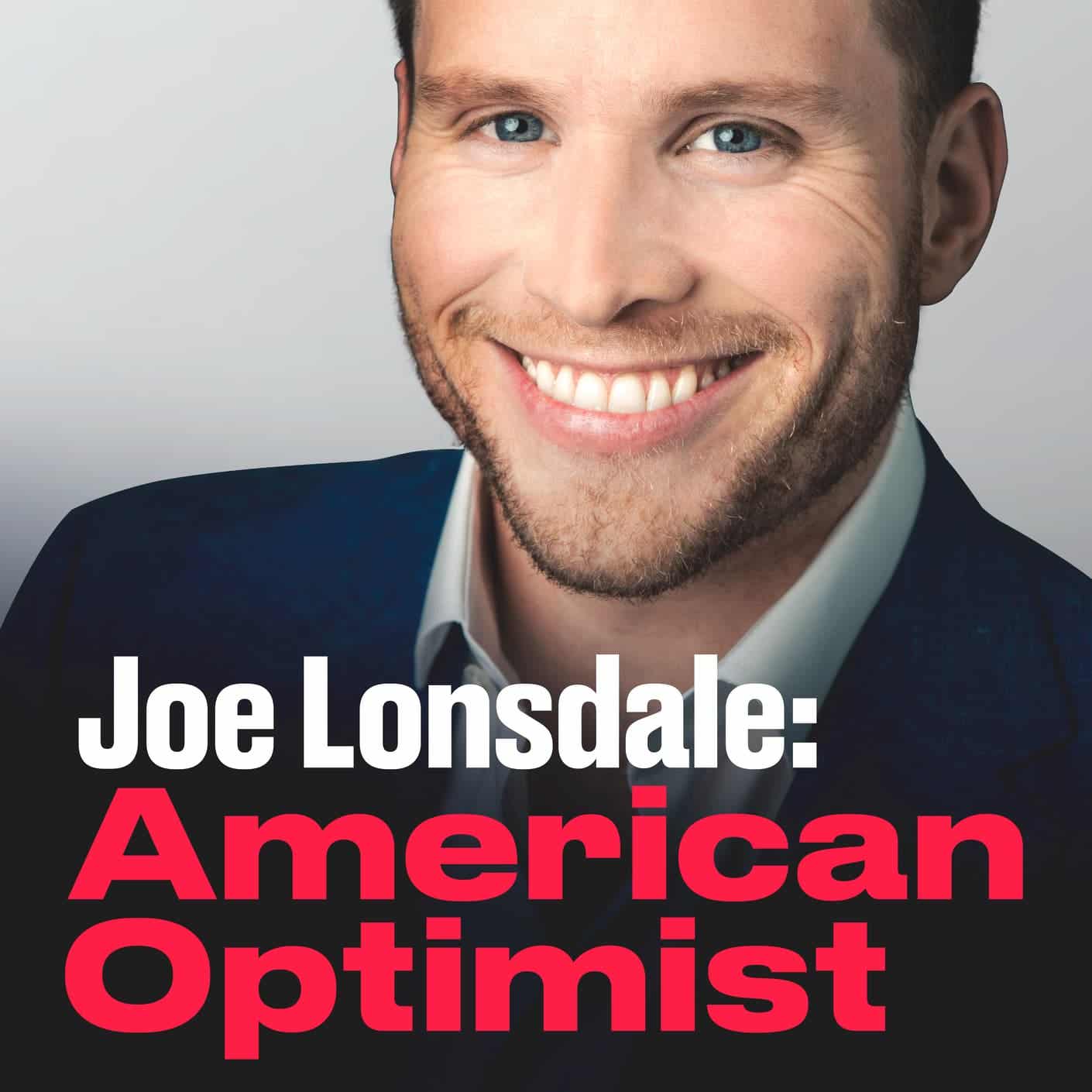PortalsOS
Related Posts
Vote to see vote counts
YouTube's focus during COVID was more on music and entertainment, rather than the discourse happening on social media feeds.
Live events on YouTube, like the recent Brazil game, create new 'water cooler' moments, integrating creators into the experience.

The decline in advertising revenues due to Google and Meta has led many media outlets to adopt outrage as a business strategy to attract more eyeballs.

Wikipedia's collaboration with Google ensures it remains a top search result, influencing public perception significantly.

YouTube's platform allows creators to reach a global audience quickly, becoming the most-watched streaming platform on televisions in the last 18 months.
In the last three years, YouTube has paid out over $70 billion to the creator economy, highlighting its role as the world's largest creator economy.

YouTube's secret sauce is the differentiated engagement where fans are deeply invested in their favorite creators, leading to better ROI for advertisers.
Despite the fragmentation of media, YouTube still sees aggregation of pop culture trends, especially among Gen Z and millennials.
The shift from live TV to on-demand content on platforms like YouTube has fragmented national culture, reducing shared cultural moments.
